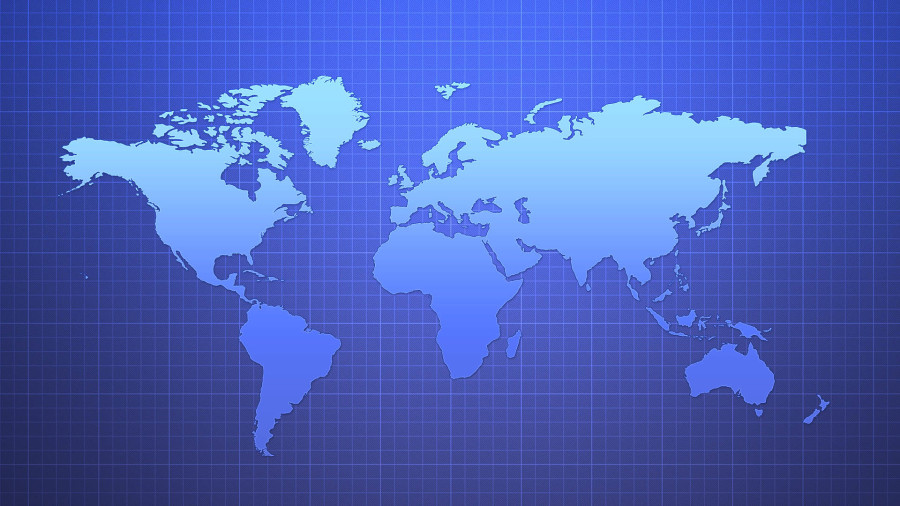
This past December and January we asked members of the Global Legal Empowerment Network about the needs and challenges of their work, and how we can grow stronger as a community. People from 52 countries responded.
As we cross the half-year mark, we wanted to share what we learned from the survey, what we’ve done about it, and what we plan to still do.
1. Financing is constraining the movement
Almost half the respondents, 46%, indicated that they will survive 2016 given their funding situation, but will have to make cuts. A further 22% said they may not be able to operate due to lack of funds. We consider this a crisis.As a result we’ve redoubled our commitment to advocating for greater financing for the legal empowerment field by international donors and national governments. In May, for example, Namati helped Network member Kituo Cha Sheria, a network member from Kenya research innovative ways other countries have successfully financed their legal aid efforts. This research was incorporated into a brief that Kenyan MPs used to advocate for more effective domestic financing for the country’s 2015 Legal Aid Bill. We’ll be sharing this research with the broader Network community in a forthcoming advocacy toolkit.
We are also working to develop resources and educational opportunities that will help Network members improve their financial stability. This year’s legal empowerment leadership course, to be held in Hungary in October, will incorporate sessions on financing justice services at scale, as will the women’s rights learning exchange in Tanzania.
2. Members teach the law – a lot
We asked members about their involvement with the three dimensions of legal empowerment – supporting people to know the law, to use the law, and to shape the law. The largest number of respondents stated that their work focused primarily on the first of these: building legal awareness.With this information, Namati decided to develop a comprehensive training resource guide of materials to assist practitioners in teaching the wider public about different aspects of the law, and to improve the training of community paralegals.
The guide will incorporate tools, curricula, methodologies, and best practices from across the Network. It will cover many different aspects of teaching the law, from land rights to refugee rights, and mediation to advocacy. It will be available on our website around September of this year.
3. Children’s rights are a high priority
Survey respondents expressed a strong interest in justice challenges related to children. We have taken this to heart. We have facilitated discussions around youth paralegal programs on our online community discussions board, and have sourced resources on this topic to add to our online library, such as training manuals for establishing girls’ groups and mentoring boys to be change agents. More will be added in the weeks and months to come. Network members are encouraged to share resources by uploading them to the online library.Children’s rights will also be addressed in the upcoming learning exchange on women’s rights and legal empowerment. Exchange participants will have an opportunity to discuss best practices and methods for helping children who are involved in familial and custody disputes, domestic violence, and instances of assault.
4. Community is important
Of the 158 survey respondents, 133 said that feeling a sense of community with other Network members was either “Extremely Important” (51) or “Very Important” (82). We have been working to increase and enhance connections among Network members by facilitating community discussions and organizing webinars where members can share ideas and challenges. We have held two webinars to date this year, and plan on holding at least two more. You can watch recordings of the webinars at this link.The Network’s community discussions platform is also being continually improved based on feedback from members. We hope to encourage increased interaction between and among members by making the site as accessible and easy to use as possible.
5. Members are eager to use Goal 16 to advance justice
Survey respondents from 45 countries indicated that advocating for the implementation of Goal 16 of the new Sustainable Development Goals (SDGs) was a top priority. This suggested an opportunity for Namati to collaborate with members to help advance justice commitments at the national level.By consolidating survey data, we narrowed down the focus to the nine countries with the highest degree of interest in advocacy. We targeted those countries in our call for justice partners and received almost 30 applications from Network members. We plan to partner with at least three of these applicants in the coming months. Together, we will advocate for an increased commitment by the relevant national governments to ensuring access to justice for all by 2030.
We will continue to work throughout 2016 to address the challenges and needs communicated to us by members. For those who didn’t find an opportunity to complete the survey, it’s not too late. We’d love to hear your inputs and feedback. What takeaways from the survey might we have overlooked? How else can the Network experience be improved? What do you as a member want more or less of? Join the discussion below to share your thoughts.
View the full results of the Network survey as a PDF here.